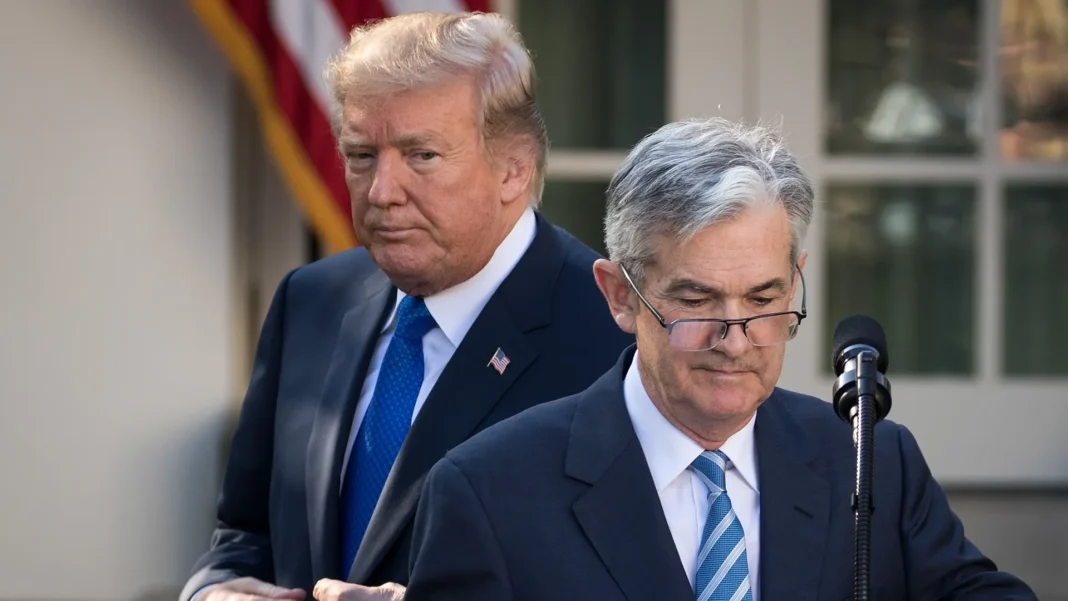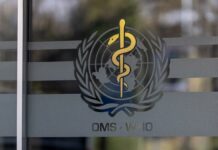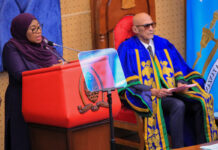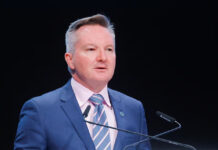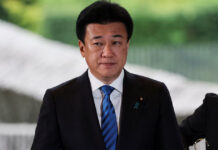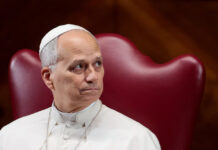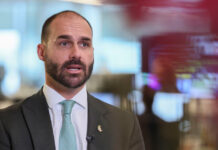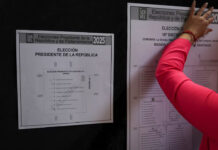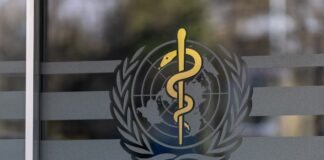U.S. Federal Reserve Chair Jerome Powell on Tuesday signaled that the central bank is in no rush to cut interest rates, despite renewed calls from President Donald Trump for steep reductions to support the economy amid rising tariffs and geopolitical uncertainty.
Testifying before the House Committee on Financial Services, Powell emphasized the Fed’s cautious approach, saying the economy remains strong enough for policymakers to wait and observe the impact of Trump’s trade tariffs before adjusting monetary policy.
“For the time being, we are well positioned to wait to learn more about the likely course of the economy before considering any adjustments to our policy stance,” Powell told lawmakers. He underscored the Fed’s responsibility to prevent a temporary spike in prices from evolving into sustained inflation.
His comments come in contrast to recent signals from two Federal Reserve officials, Christopher Waller and Michelle Bowman, who expressed openness to rate cuts as early as July. Powell declined to comment directly on Waller’s stance but said the Fed could act sooner if inflation weakens unexpectedly or if the labor market shows signs of stress.
The Fed has kept its benchmark lending rate steady since a cut in December, holding it within the range of 4.25% to 4.50%. Despite inflation easing from its 2022 peak, Powell noted that it still exceeds the central bank’s 2% target, warranting a prudent approach.
Earlier Tuesday, Trump renewed his criticism of Powell, demanding rates be slashed “at least two to three points lower,” claiming inflation was under control. In a post on Truth Social, Trump described Powell as “very dumb” and called on Congress to take action against him.
In response, Powell reaffirmed the Fed’s independence: “We’re focused on one thing, and that is, we want to deliver a good economy for the benefit of the American people. We always do what we think is the right thing to do.”
On the impact of Trump’s broad new tariffs, Powell noted they were likely to push prices higher and curb economic activity, but stopped short of weighing in on the administration’s trade policy. He acknowledged that some tariffs would likely be passed on to consumers and that the full economic effects would become clearer over the summer.
While a majority of Fed officials still project two rate cuts in 2025, there is growing divergence within the rate-setting committee. For now, Powell said the U.S. economy remains “in a solid position,” cautioning that credibility on inflation is “hard-won” and must be preserved.
“It’s not clear yet how trade concerns will affect future spending and investment,” he added.
On other global developments, including tensions in the Middle East, Powell said it was “too early to know what any economic implications might be.”
Written By Rodney Mbua









